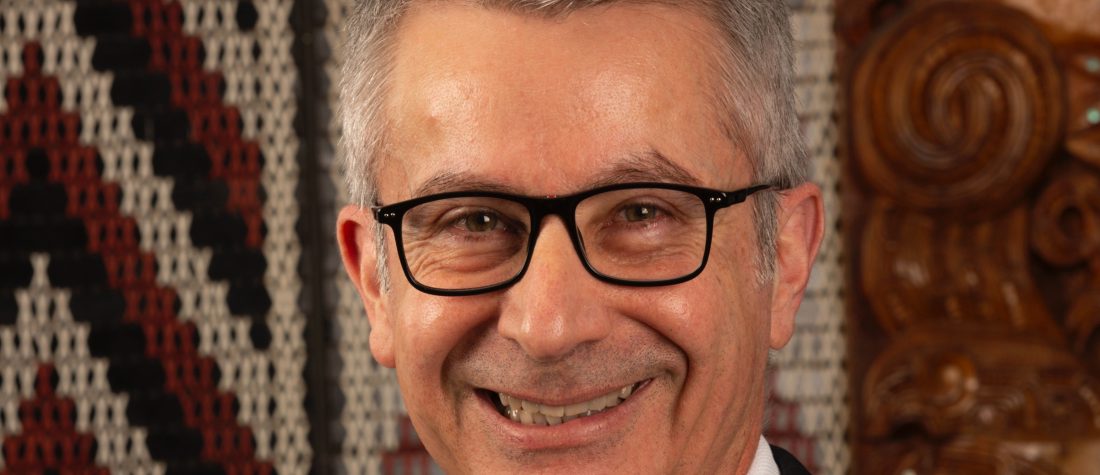What is the key message you are trying to get across about New Zealand to the UK government?
New Zealand and the UK have a relationship of historic warmth and weight. But it is a relationship with contemporary resonance because of the values we have in common and the interests we share. There are many challenges – and opportunities – in today’s troubled world and our two countries need to work hard together to address them.
Are there any commonly misunderstood aspects of your country? What are you doing to change perceptions?
New Zealand is sometimes seen as a far-flung version of the United Kingdom. There’s not much we can do about being far-flung! But our diplomacy here strives to show that contemporary New Zealand contains both powerful echoes of our kinship with the UK as well as the strengths that come from the Crown’s treaty partnership with Maori, a vibrant Pacific identity, and ever-growing people-to- people, trade and institutional ties into the Indo-Pacific.
What’s been the biggest challenge you have faced since being appointed?
Without a doubt the challenges of life in general, and diplomacy in particular, in the Covid context.
How does Brexit change your UK diplomatic mission?
Brexit means that we are very focused on supporting negotiations between New Zealand and the UK on an ambitious, high-standards free trade agreement. And on the opportunities presented by “Global Britain” for the two of us to work more closely together in the wider world.
What is the secret to successful diplomacy?
Successful diplomacy is often expressed as the art of politeness, evasion or circumlocution. In fact, the best diplomacy combines understanding your national interests, understanding the interests of others, and using relationships, respect, insight and honesty to navigate between the two. The best advice you can get, or give, should involve encouragement to be yourself and to take on jobs that you think you’ll enjoy.
When looking to enter diplomacy, did you have a lucky break or a valuable mentor?
Perhaps a decisive moment came when a university colleague said to me: “Why don’t you join the foreign ministry – they take anyone.”
Do you have a favourite British author or artist to help you unwind?
Loyalty to my Anglo-Saxon name tempts me to reply that Bede of Jarrow is my favourite British author.
But he, like every other contender (and there are many), is pipped at the post by Shakespeare. In my spare time, I unwind by following the fortunes of the New Zealand cricket team – which during the last World Cup final probably didn’t help with unwinding – reading, cooking, and exploring London on foot and socially distanced.
Which British historical figure do you admire, and which figure from your own country has inspired you?
In this age of pandemics, I choose Florence Nightingale, whose ability to marry kindness, science and systems was foundational in developing the health care available in the UK today.
As for an inspirational figure from New Zealand, I choose war-time prime minister Peter Fraser. His deft and assertive diplomacy, and his strong relationships with Churchill and Roosevelt, navigated New Zealand through a perilous time in its history.
Is there a piece of music that you particularly like, or return to – and does it say anything about your own journey?
It’s perhaps a maudlin choice, but at a time when we are all leading separated lives, the song “Po Atarau/ Now Is The Hour” (especially when sung by Kiri Te Kanawa) seems so apposite. Mostly because of the way it describes the ache of distance, but also because the lyrics and the tune seem to share Maori, Australian and British parentage, thus reflecting the intertwined connections between the United Kingdom, New Zealand and Australia.


